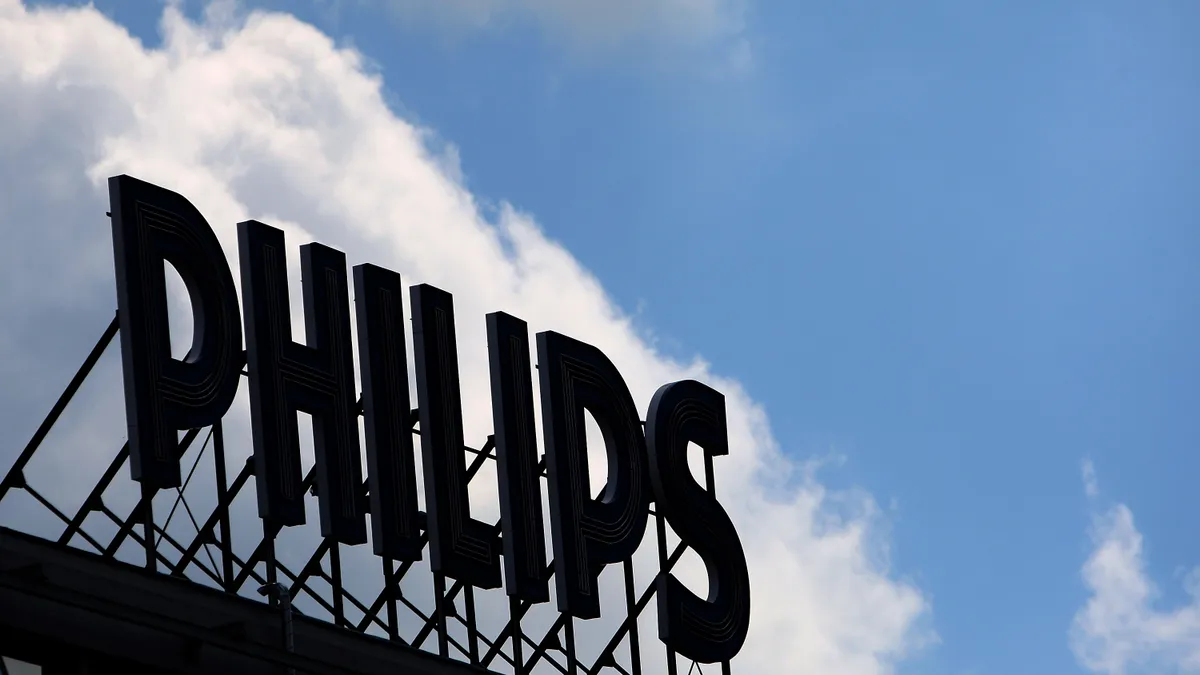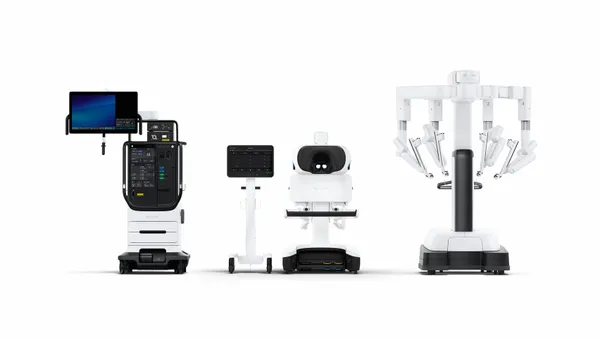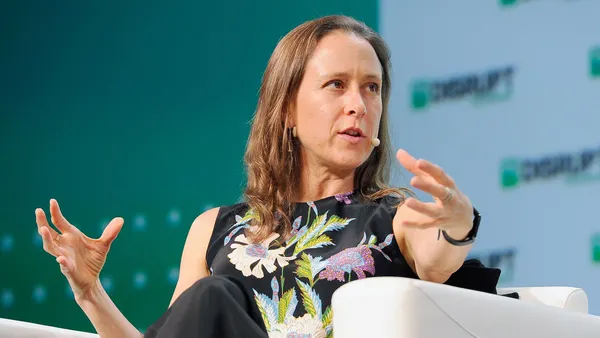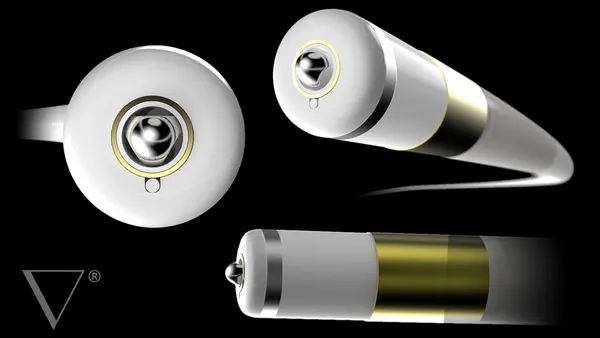Dive Brief:
- Philips Respironics will end manufacturing at two plants in Pennsylvania and leave its Pittsburgh-based headquarters, the company told MedTech Dive in an email Thursday.
- As it grapples with an ongoing recall of more than 15 million sleep apnea machines and ventilators, Philips is barred from selling certain sleep and respiratory products in the U.S. until it meets the terms of a consent decree from the Food and Drug Administration. Company spokesperson Ken Peters wrote Philips Respironics will transition its manufacturing operations at its Murrysville and New Kensington sites to “an existing third-party manufacturer.”
- The company will cut 300 manufacturing jobs in Pennsylvania and relocate 500 people from its headquarters to the two plants, according to the Pittsburgh Post-Gazette, which first reported the layoffs.
Dive Insight:
Philips can no longer sell its Dreamstation continuous positive airway pressure (CPAP) machines, and certain bilevel positive airway pressure (BiPAP) devices and ventilators in the U.S. until it demonstrates years of compliance with the terms of the consent decree. The company can still sell sleep and respiratory devices outside of the U.S., and it can provide accessories and replacement parts for machines it has already sold in the U.S.
The decision to shift manufacturing from the two sites was made “following the clarity provided by the recently agreed Philips Respironics consent decree and associated requirements, and with a smaller, more focused Sleep & Respiratory Care portfolio, over the next two years,” Peters wrote.
In early 2023, parent company Philips announced plans to cut 6,000 jobs, in addition to a previous layoff of 4,000 people announced in October 2022.
Philips had a total of 69,656 employees at the end of 2023. At the end of 2022, it had roughly 77,000 workers.
The sleep and respiratory care business made up about 17% of Philips’ connected care segment in 2023. The connected care business brought in sales of 5.14 billion euros that year, a 2.5% decrease from 2022.














